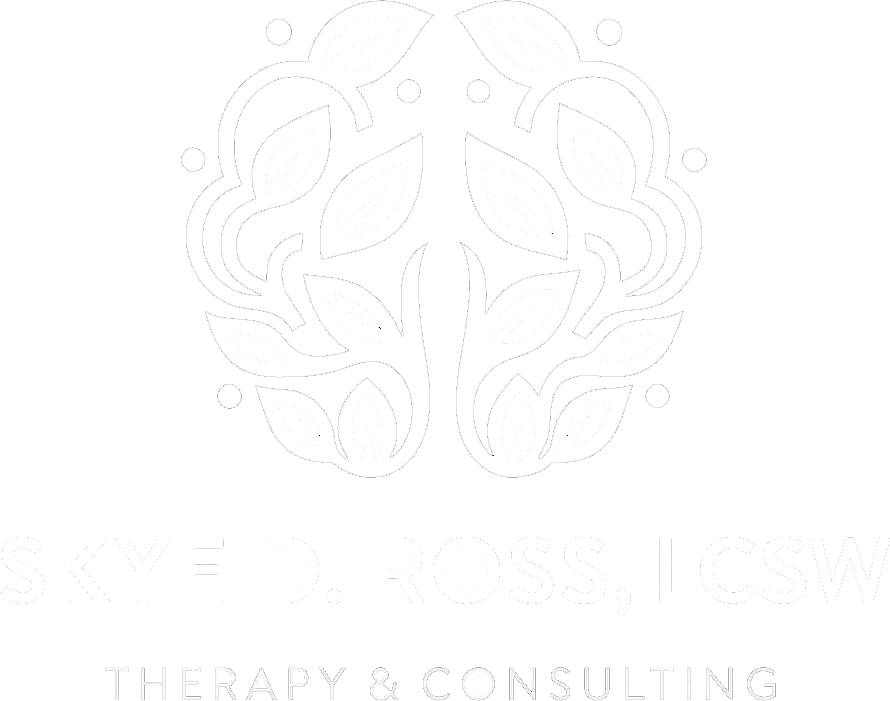How to build motivation and stay committed to your new year’s resolutions

It was nearing 11:59PM on December 31, 2024 and you set your intentions for the New Year. This was the year you were going to quit drinking. Or commit to running a marathon. Or stop procrastinating. You made your resolutions with full intention to keep to them this year. But today, less than a month later, you’ve found you’ve lost your mmph. It’s getting a little harder to stop hitting snooze. Or you started January completely committed to having a “dry” month, but then the administration changed, or work continued to be difficult, or your child hit a sleep regression followed by another winter illness. Unexpected stress, or even just the world continuing to turn oblivious to our expectations and intentions, can be disheartening and return us to the status quo of maladaptive behaviors. The key here, and what you’ll see reflected throughout this post, is to be flexible and compassionate. Resolutions don’t have to be all or nothing, but we often view change behaviors in that light. It’s OK to have setbacks – I’d even argue it’s a normal part of the human experience.
How to reclaim your motivation
Find your why
Remind yourself of your “why.” Were you trying “Dry January” as a trial run to sobriety or were you hoping for secondary benefits of clear skin and better sleep? Were you committing to a new exercise program to feel better, work off added pounds from the holidays, or improve your overall health? Were you trying earlier mornings to find solo time for new creative endeavors or read more? Whatever the reasons behind your intended resolutions, bringing those to the forefront of your mind is the first way to reconnect to your motivation to change.
Identify barriers
Consider what has stalled your progress: Are day-to-day stressors making it too hard to commit to dry January? If so, what are some other strategies you might use for stress relief (e.g. do you enjoy baths, evening tea or cocoa, meditation or yoga, exercise?)? Keeping a list of things you can do or even writing them down usually feels better mentally than a running list of things we’re not allowing ourselves. Another possibility is that your resolution was too big. If your goal is to run more often or to drink less, we want to operationalize it using SMART (specific, measurable, attainable, relevant, and time-bound) goals. If you currently don’t run at all, maybe a SMART goal is to run one day per week for the next month and then increase to 2 – 3 days per week for the next month and then increase mileage once per week after that. If you currently drink 6 drinks on Saturday nights, perhaps a SMART goal is to reduce that to 3 drinks on Saturdays for the next month and leave it open to adjust (or not) from there.
You may need to look at scheduling your time differently so that your resolution feels more attainable. Really look at your typical schedule and think about where in your day this activity best fits with your lifestyle. Are early mornings just really not your jam? If so, is there another time of day that better fits your sleep style and schedule to allow you to recommit to this new year’s resolution? Do you find that you’re itching for a glass of wine at the end of a tough week or the work happy hour is too hard to resist? See if a friend or coworker might be interested in trying a non-alcohol-oriented activity with you instead so that you’re less focused on what you can’t have.
Treat yourself
Find meaningful ways to reward yourself. Start by noticing how you feel when you’re following your resolutions: Dedicate time each week (even pencil it in, if needed) for self reflection, whether that be through journaling, meditation, therapy, or some other time you’re leaving to yourself. How does this change feel in your body? How are your energy levels? How is your mood? How are you showing up at work, home, or school that’s different, new, and/or exciting to you? Do these changes feel sustainable? Are these new sensations in line with what you want to feel? When noticing those positive changes isn’t enough to stay committed to your new behavior, set another SMART goal and think of a meaningful, tangible way to reward yourself when you achieve it. Some people respond well to being able to check off a physical to-do list, either listed on paper or kept in your notes app or virtual calendar. Sometimes just checking something off physically is enough of a cue and reward to keep you going. If not, do you have the funds to buy yourself flowers or take a trip or sign up for a race or buy yourself a trophy? Think about what fits in your budget and see if changing your reward system lights up your brain in a new way. We want to connect our positive changes to as many pathways to dopamine as possible to keep us interested and engaged.
